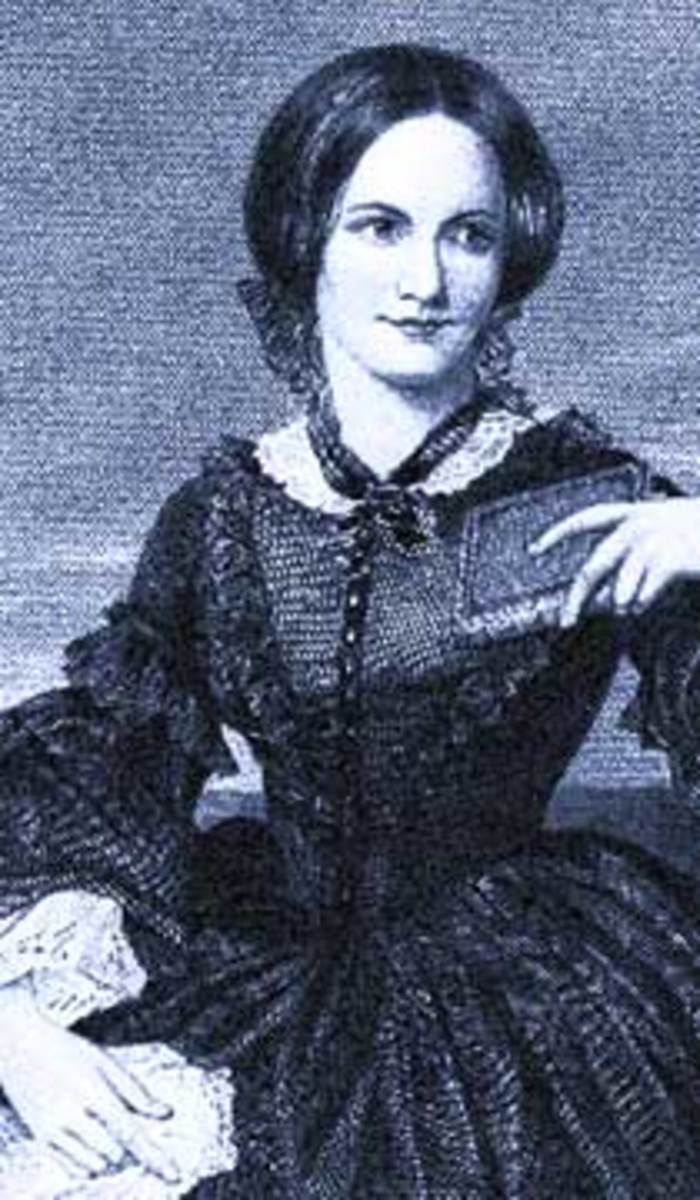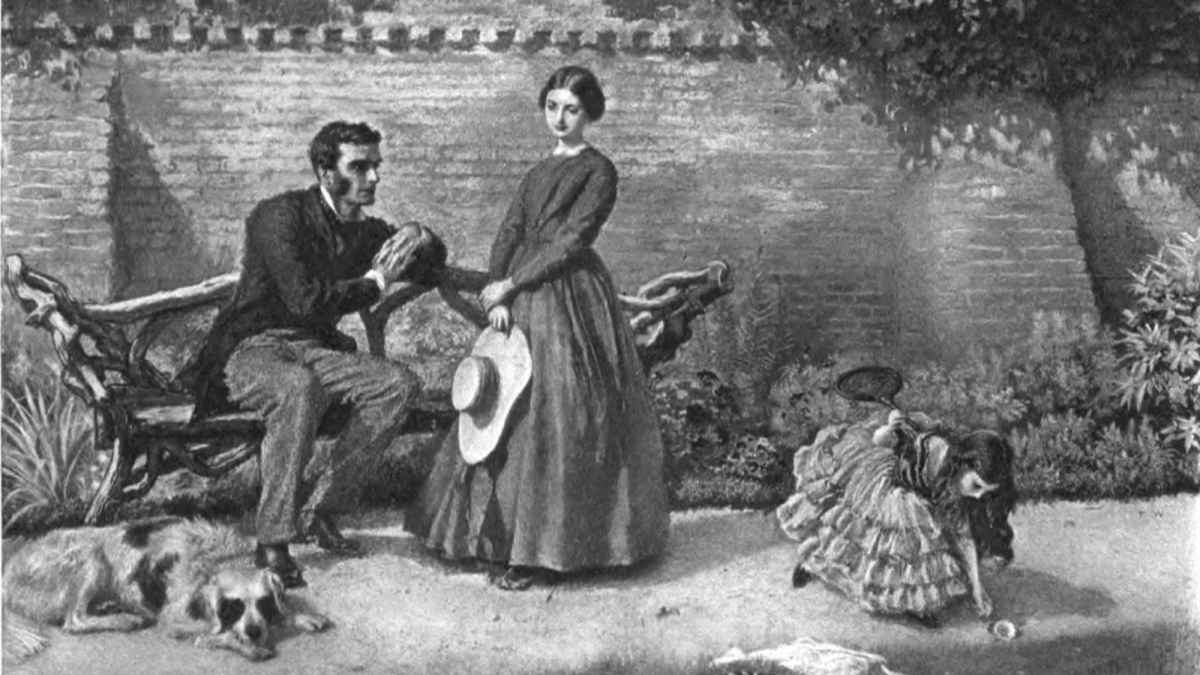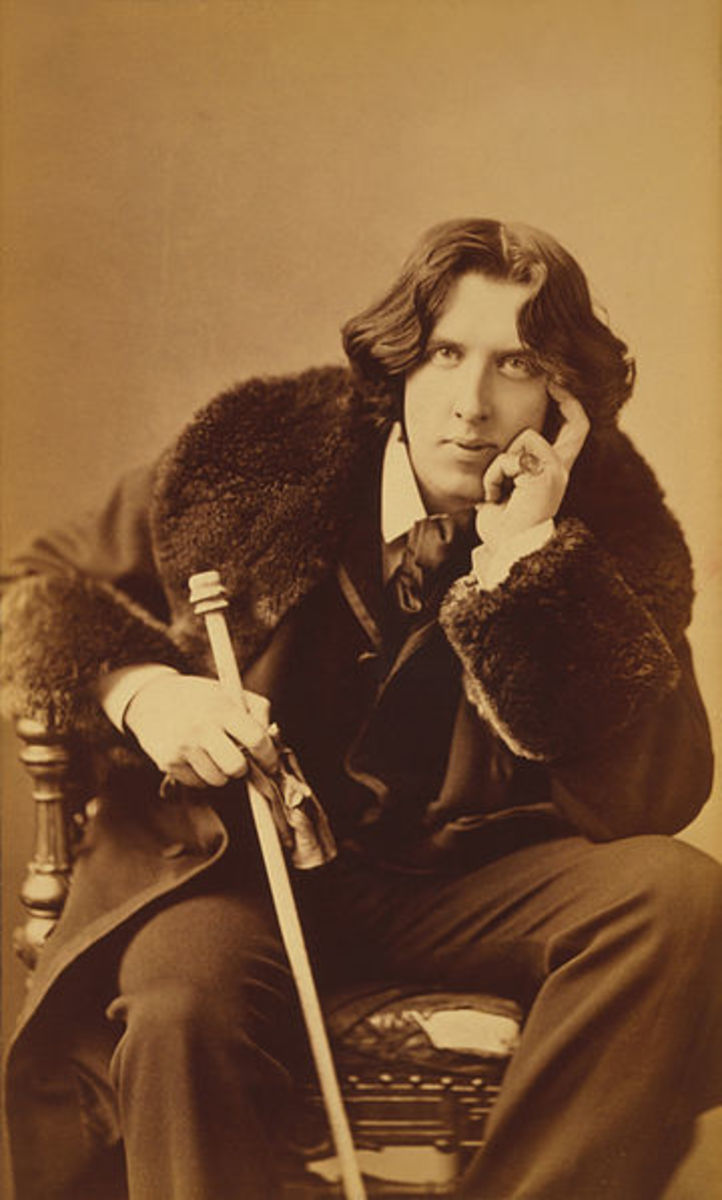"Charlotte Temple": Sympathy For Mr. Eldridge
In Susanna Rowson’s Charlotte Temple, the characters are the proverbial good and bad characters. Charlotte’s grandfather, Mr. Eldridge, happens to be one of the good characters. Mr. Eldridge exemplifies what a man of his time should be and the qualities he should possess. Because Charlotte Temple is a sentimental novel, certain criteria are expected, like trite expressions and stereotypical characters. Mr. Eldridge is a sympathetic character and shows excessive emotion that is typical of sentimental novels.
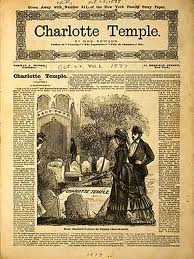
Jubilation
Mr. Eldridge is elated that he is going to see Charlotte, the main and titular character, after such a long time, “what pleasure expands the heart of an old man when he beholds the progeny of a beloved child…” (387). No one in Charlotte’s family has seen her recently and are thrilled about throwing her a birthday party at home (378). On learning that Charlotte cannot be found at her boarding school, Mr. Eldridge is overwhelmed with disbelief (387). The reader feels sympathy for Charlotte’s grandfather because he awaits Charlotte’s arrival for such a long time. The reader cannot help but feel compassion for Mr. Eldridge knowing that Charlotte has done the unthinkable: she elopes. This means that Mr. Eldridge will never see Charlotte again, which makes the reader sympathize with Mr. Eldridge more.
Depression
The dreadful thought of Charlotte’s elopement sends Mr. Eldridge into a state of morbidity. Sympathy arises in the reader because Mr. Eldridge would rather be dead than to continue living knowing that Charlotte has betrayed him. The fact that Mr. Eldridge thought highly of Charlotte compounds the issue. Mr. Eldridge adores that Charlotte has “every virtue that adorned the minds of her parents” (387). Charlotte is the perfect daughter, but her elopement brings her grandfather to tears (389). The reader feels compassion for Mr. Eldridge because the one he holds dear to his heart disappoints him.
Sympathy
Sympathy for Mr. Eldridge is greatest when he has to inform Mr. and Mrs. Temple of Charlotte’s elopement. There is nothing Mr. Eldridge can do to ease his suffering of having to bear this news, except wish for “a longer reprieve from the dreadful task…” (389). Compassion is felt for Mr. Eldridge because he “burst into tears, and [sobs] a loud” as soon as he enters the house, revealing the torment in his heart (389). It is easy to feel sorry for Mr. Eldridge because it is always hard to give bad news to someone. Mr. Eldridge is personally affected by Charlotte’s actions and must also stay strong to tell Mr. and Mrs. Temple that Charlotte has betrayed the family (390). Being burdened with this responsibility is trying and not envied.
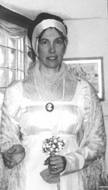
The Doting Parent
Mr. Eldridge describes himself as a “doting parent” because he truly cares about Charlotte’s well-being and safety (387). This is proven when Mr. Eldridge becomes hysterical that Charlotte cannot be found. Extreme emotion from Mr. Eldridge gets to the point that he insults Madam Du Pont for not keeping a careful watch over Charlotte (388). When Mr. Eldridge learns that Charlotte has eloped, “a violent gush of grief” comes over him and he is almost relieved because she is not dead (388). The excessive grieving of Mr. Eldridge allows him to find some comfort in the fact that Charlotte has disappointed him. If Mr. Eldridge did not express his feelings in this way, it would be hard to have compassion for him.
The Fallen Woman
The thought of Charlotte as a “fallen woman” is too much for Mr. Eldridge and it tears at his heart (389). This shows Mr. Eldridge’s excessive emotion because he not only cries about Charlotte’s elopement, but also feels a “mixture of anguish and resignation” (389). Mr. Eldridge keeps fretting over the thought of Charlotte forgetting her family. The extreme emotions of Mr. Eldridge can also be seen as he enters Mr. and Mrs. Temple’s house. Upon entering, Mr. Eldridge falls into the nearest chair and sobs (389). Mr. Eldridge’s actions automatically send the worst thoughts into Mr. and Mrs. Temple’s minds, showing how over the top his emotions are. This intense outpouring is expected from Mr. Eldridge since he is the stereotypical “good” character. The fact that Mr. Eldridge sheds real tears and really feels sorrow tells the reader that he is truly benevolent.
Conclusion
When Mr. Eldridge’s thoughts are focused on, it is easy to see that Charlotte’s elopement has deeply affected those close to her. Charlotte’s decision brings out a stream of emotions from her grandfather. Without the excessive emotion from Mr. Eldridge, the story would less likely be classified as a sentimental novel, since he is one of the best exemplars of the typical good character. Mr. Eldridge is the stereotypical good character that must show emotions such as crying and sobbing to convey that he has compassion and good morals without being seen as too effeminate.
Work Cited
Rowson, Susanna. Charlotte Temple. Oxford: Oxford University Press, 1987. Print.
Useful Source:
An e-version of the novel can be viewed here.
Cite This Article:
MLA
Crosby, Stephanie Bradberry. Charlotte Temple: Sympathy For Mr. Eldridge. HubPages, July 2011. Web. Today’s date.
APA
Crosby, S. B. (2011). Charlotte Temple: Sympathy for Mr. Eldridge. Retrieved from insert url.
About the Author
Stephanie J. B. Crosby is first and foremost an educator and life-long learner. Currently, she is an adjunct professor of English for several colleges and universities and freelance writer and editor. She is pursuing her Ph.D. in Education: Curriculum and Teaching. Her second continuing education pursuit is a master's in herbalism. She runs her own home-based business, Naturally Fit and Well, LLC with the product line, Natural Herbal Blends.



